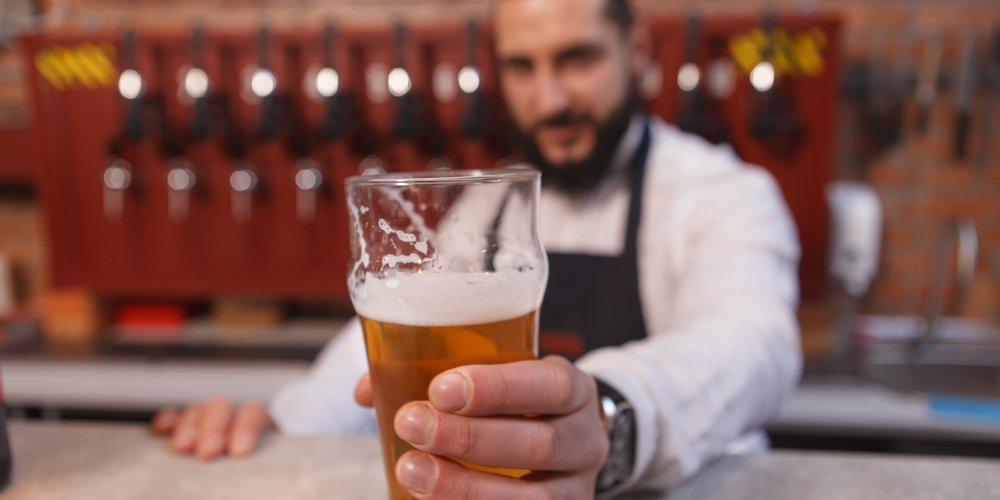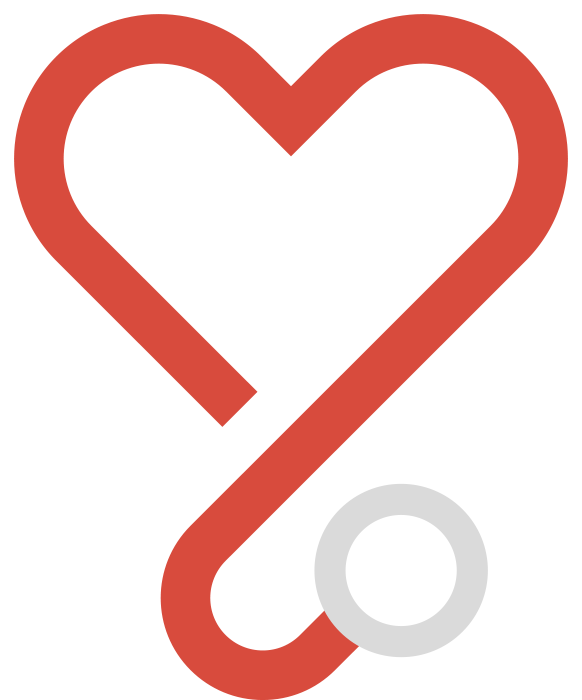
Drinking is part of life, isn’t it?
Alcohol is a part of our cultural identity, it has been around for thousands of years and we all grow up knowing about it, so we know all we need to about it don’t we?
Not so. Many people are completely unaware of just how much alcohol affects their life and health. There are many misconceptions, chief among these being that if it’s legal then it’s safe. Alcohol is a restricted substance for very good reasons, some of which will be mentioned here.
The effects
As soon as you start drinking alcohol it goes to work, affecting your behaviour and the functioning of your body. We all know that too much alcohol can make even simple things like walking and speaking difficult or impossible, so consider how much damage that must be causing to get to that point over the course of just a few hours, faster than the effects of almost any disease.
Alcohol causes over 33,000 deaths every year in the United Kingdom. Liver disease is just one of the ways this can happen and it is estimated that a third of UK adults are at risk of developing it due to alcohol consumption.
Alcohol also increases the likelihood of developing cancer, only smoking is higher up the list of factors causing cancers of the mouth and digestive system.
Drinking can bring on pancreatitis, a known side effect of which is the development of diabetes as it inhibits your body’s ability to make use of insulin.
The often mentioned benefits of alcohol in avoiding heart disease are very overhyped by the media, these benefits are limited and only apply to a regular consumption of up to one unit per day, more than this actually swings the balance the other way.
Getting drunk out of your mind
That thumping headache when you wake up after a heavy night of drinking? That is caused by the alcohol dehydrating and shrinking your brain. It may feel like someone is hitting your head with a hammer, and it could be just as damaging.
Alcohol has been linked to a number of mental health problems. A study showed that people with depression or anxiety were two times more likely to be heavy drinkers (though whether this was a cause or a symptom could not be concluded).
Psychosis (including hallucinations and paranoia) can be caused by extremely high amounts of regular alcohol consumption. These problems can also be triggered when someone who has been drinking in this manner stops abruptly.
Heavy drinking can also lead to social and interpersonal problems, isolationism and anxiety.
The beer belly
Alcohol is also very high in calories. Whether you’re concerned about your appearance or you just want to improve your health generally, the 220 calories present in a pint of lager or two double vodkas are not going to help you achieve your goals.
While we’re on the subject of appearance, the drying out of the skin and premature wrinkles, bloating and redness of the face which all result from the overconsumption of alcohol are maybe something you could live without as well.
Do I need help?
It is estimated that as many as 6.4 percent of people in Britain are alcohol dependent. If you are one of them, or even if you just want help to make sure you don’t become one of them, there are a number of places you can go for support.
Your GP is probably your first port of call, they can refer you to the right services and advise on the best way to reduce or eliminate the alcohol in your lifestyle.
There are a number of other organisations which can lend you their support should you need it, such as Alcoholics Anonymous (AA), Alcohol Concern and the Samaritans.
